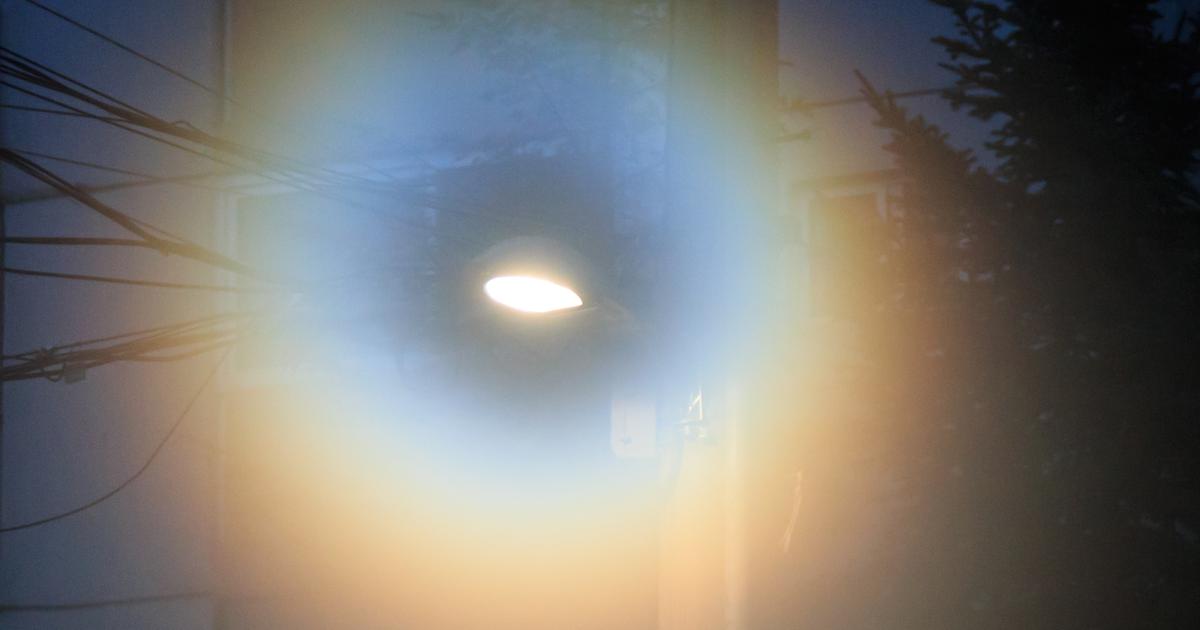Causes, Risk Factors, And Complications Of Progressive Supranuclear Palsy
Trouble Looking At Lights

The ocular and visual symptoms that present in affected individuals are the main distinguishing factor of this disorder, as Parkinson's disease patients have many of the same symptoms. There are several reasons why an affected individual may have trouble looking at lights, including the impaired ability to move the eyelids at the proper times. Excessive dryness due to a reduced rate of blinking of the eyes can cause an individual with progressive supranuclear palsy to be extra sensitive to lights. A progressive supranuclear palsy patient can experience problems with looking at lights after they have developed an increased sensitivity due to problems with gaze control. When an affected individual cannot shift their gaze out of bright lights properly, they may sustain damage to the parts of the eye responsible for adjustments to brighter lighting conditions.